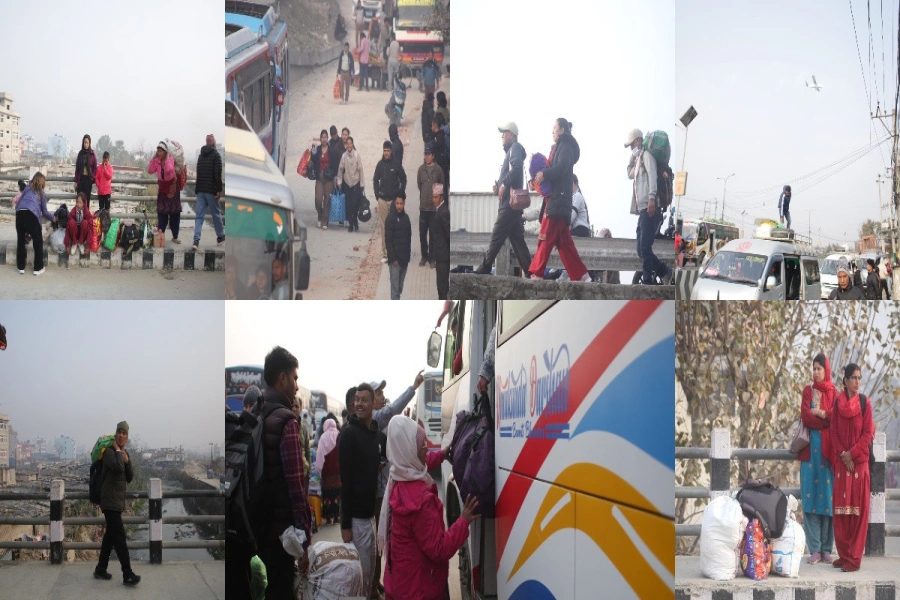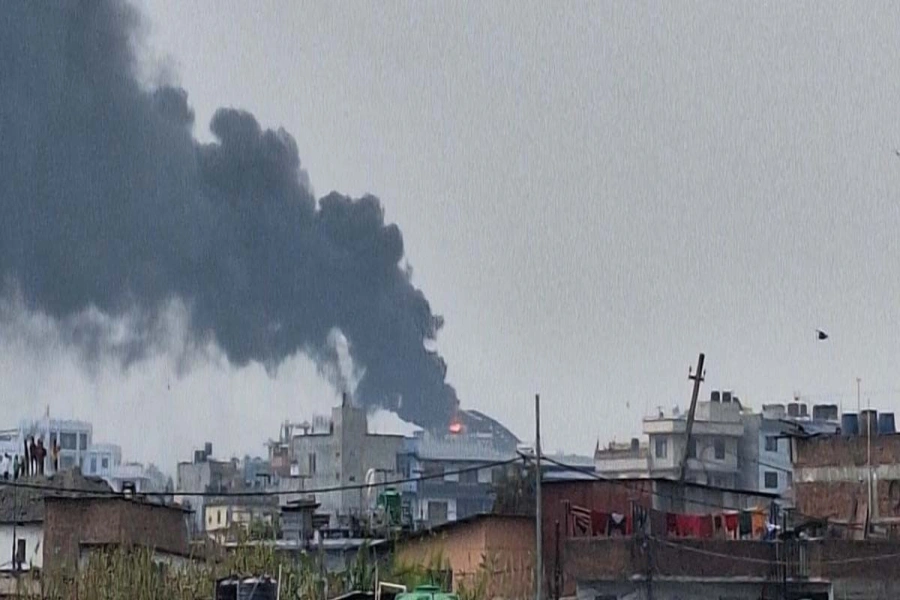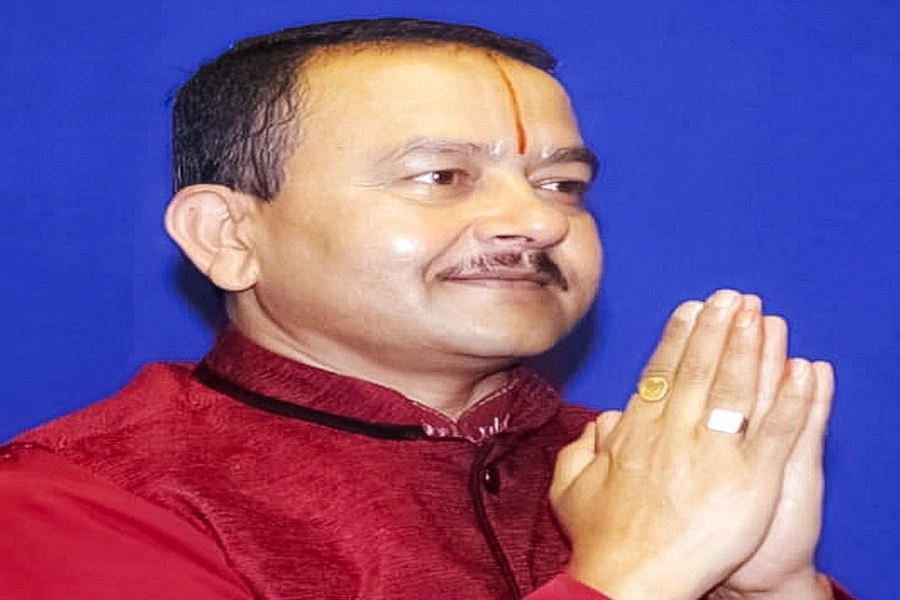International pressure on transitional justice
International human rights groups and various international agencies have been pressing the government to resolve transitional justice process by amending Transitional Justice Act in line with Nepal’s commitment to international conventions and verdict of the Supreme Court. In a fresh such reminder on Monday, Amnesty International, International Commission of Jurists (ICJ), Human Rights Watch, and TRIAL International called on Nepal to make appointment process of commissioners in transitional justice bodies consultative and transparent, amend the Act in line with the international human rights standards and the apex court’s ruling, and come up with a plan to take the transitional justice process forward. Alarmingly, this is not the first time international bodies have become assertive on transitional justice (TJ) process. In April, five UN rapporteurs under the High Commissioner for Human Rights made a correspondence to Foreign Minister Pradeep Gyawali seeking transparency and consultation on selection of officials in Truth and Reconciliation Commission (TRC) and Commission of Investigation of Enforced Disappeared Persons (CIEDP). Even then, they had asked Nepal government to amend the Act in broader consultation with the victims, victims’ families, civil society organizations and national human rights body. Likewise, in July last year, Amnesty International, the ICJ and TRIAL International sent yet another reminder to Nepal to heed the victims’ concerns. Apparently, the international bodies believe that Nepali authorities are not serious about fulfilling their obligation to investigate conflict-era violations. They have been questioning the government’s commitment to human rights obligations.
Infographics: The massive costs behind Olympic games

To be fair, Nepali authorities and political parties are to be blamed for creating this situation. For one, the government has not been able to expedite TJ process, even after extending the terms of TRC and CIEDP for one year in February this year. The failure of the government to reconstitute the TJ bodies and appointing competent, independent and non-partisan persons as commissioners has agitated, even divided, the victims’ bodies in Nepal. They have accused the government of trying to select officials in TJ bodies without broader consultation. Only last week, Conflict Victims Common Platform and Conflict Victims National Network asked the government to hold a broader consensus among the parties before moving ahead with the selection process. They have even threatened to reject the new leadership if it is chosen without consultation with the primary stakeholders—the victims.
It is clear that foreign intervention on TJ process is increasing due to an inordinate delay in the transitional justice process. If the government had been able to complete TJ process on time, we would not have to face such pressure. In view of rising international concern and growing discontent among victims’ groups in Nepal, the government needs to amend the existing TJ laws before appointing new office bearers in TRC and CIEDP. If we fail on this, international actors will keep pressuring us. Amid this delay, prospects of TJ process being internationalized and Nepali leaders prosecuted in the international court have started to emerge. This is the course Nepal must avoid. And it can be avoided only when Nepali political actors demonstrate commitment to resolve the protracted transitional justice issue at the earliest. Further delay may be dangerous. The government and political parties need to feel the urgency to settle TJ process once and for all.





-1200x560-1772467693.webp)






























